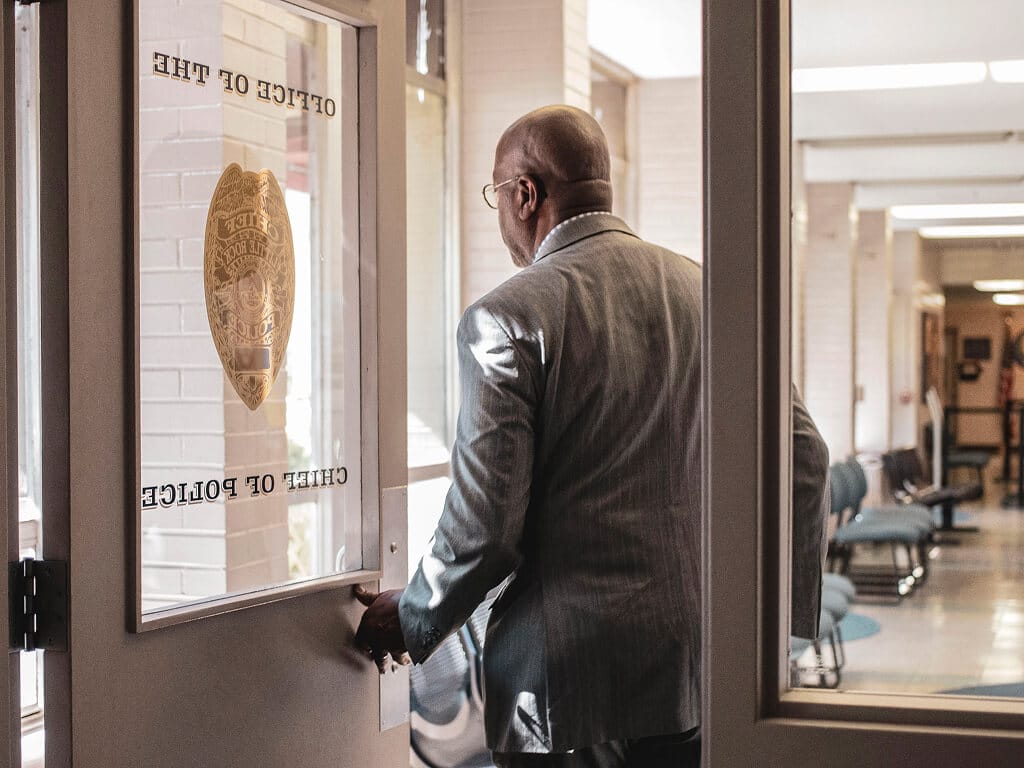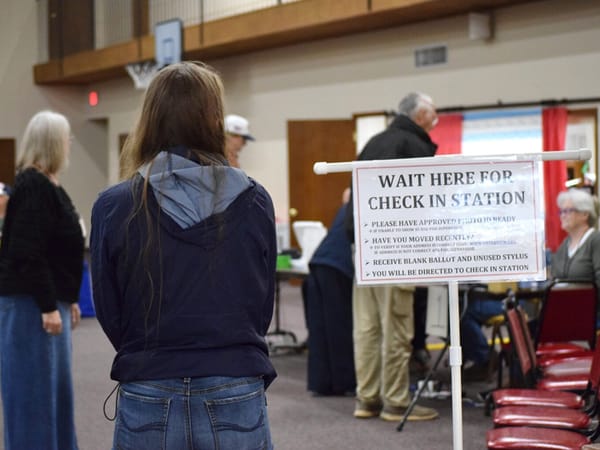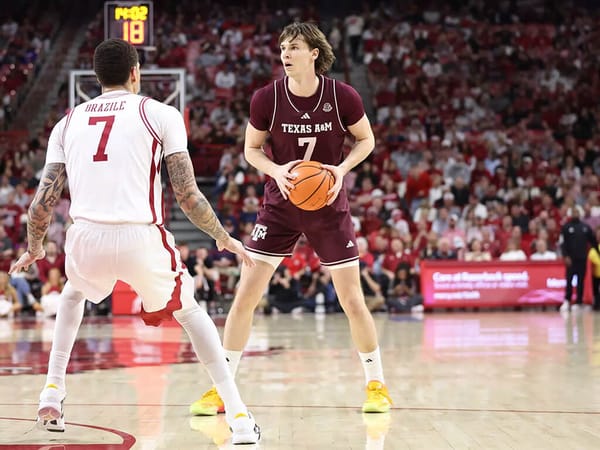Crime Falls Sharply in Little Rock This Summer, Mayor Says
Little Rock sees a 22 percent drop in overall crime this summer, with violent crime down 15 percent. Mayor Frank Scott Jr. credits youth programs, community engagement, and new policing strategies for the improvement.

Amid President Donald Trump’s initiative to deploy the National Guard in several states to combat crime, with full support from Arkansas authorities, Little Rock, the state’s capital, largest city, and a Democratic stronghold, is showcasing significant progress in public safety without the Guard’s involvement. City officials say that despite a long history of high crime rates, recent data show that their strategies are producing measurable results.
Mayor Frank Scott Jr. announced Monday, September 15th, that overall crime in Little Rock decreased 22 percent compared with the past five years, while violent crime fell 15 percent. Compared with last year, total crime dropped 18 percent, and violent crime declined 8 percent.
Scott Credits Crime Drop to Prevention and Patrol Strategy
Mayor Frank Scott Jr. credited the city’s drop in crime to a long-term strategy that blends prevention with targeted enforcement. The plan emphasizes youth-focused programs while also strengthening police patrols in neighborhoods with higher crime rates.
He pointed to summer initiatives as a key part of that progress. “In addition to our back-to-basics approach this summer, we also had great success with our Summer Youth Employment Opportunities Program, a partnership called Career Climb with the University of Arkansas - Pulaski Technical College and our Parks and Recreation Department, which logged more than 47,000 interactions this summer,” Scott said. “When you give our youth something constructive to do, it helps lower crime.”
City officials also highlighted the role of technology in supporting law enforcement. The Little Rock Board of Directors has approved tools such as ShotSpotter to assist the police department in addressing gun violence.
“To make certain that the men and women of the Little Rock Police Department have the resources, technology, and tools to fight and reduce crime, we are grateful for what they have been able to achieve,” Scott said. He added that the city’s Real-Time Crime Center, which tracks patterns and trends, has also contributed to the recent decline in crime statistics.
Little Rock’s Crime Legacy and Lingering Doubts
Little Rock has long struggled with crime. In the 1990s, the city ranked among the most dangerous in the nation, recording 76 homicides in 1993 alone. Money magazine placed Little Rock fifth on its 1994 list of America’s most dangerous cities. While crime rates showed improvement in later years, the city set a new record in 2022 with 81 homicides, underscoring the persistence of violent crime.
Compared with other major Arkansas cities, including Fayetteville and Fort Smith, Little Rock still reports higher levels of crime per square mile, highlighting the unique challenges city leaders face.
This history has fueled skepticism about the latest crime statistics presented by Mayor Scott. Critics question whether the reported decline reflects reality, with some accusing officials of manipulating data or underreporting incidents.
Turning to Community, Not the Guard
Although critics continue to voice doubts, Mayor Frank Scott Jr. portrays the city’s recent drop in crime as evidence that community-centered strategies can succeed where the tougher measures promoted by Donald Trump may not. He has emphasized that keeping young people engaged in jobs, training, and local programs is essential to sustaining momentum. “When our young people are connected to opportunities and supported by the community, we not only reduce crime but also strengthen the entire city,” he said.
For Little Rock, a city still shadowed by its history of violence, the gains are hopeful but precarious. What happens next will shape not only its public safety record but also the broader debate over whether local programs can succeed where Guard deployment looms as an alternative.





